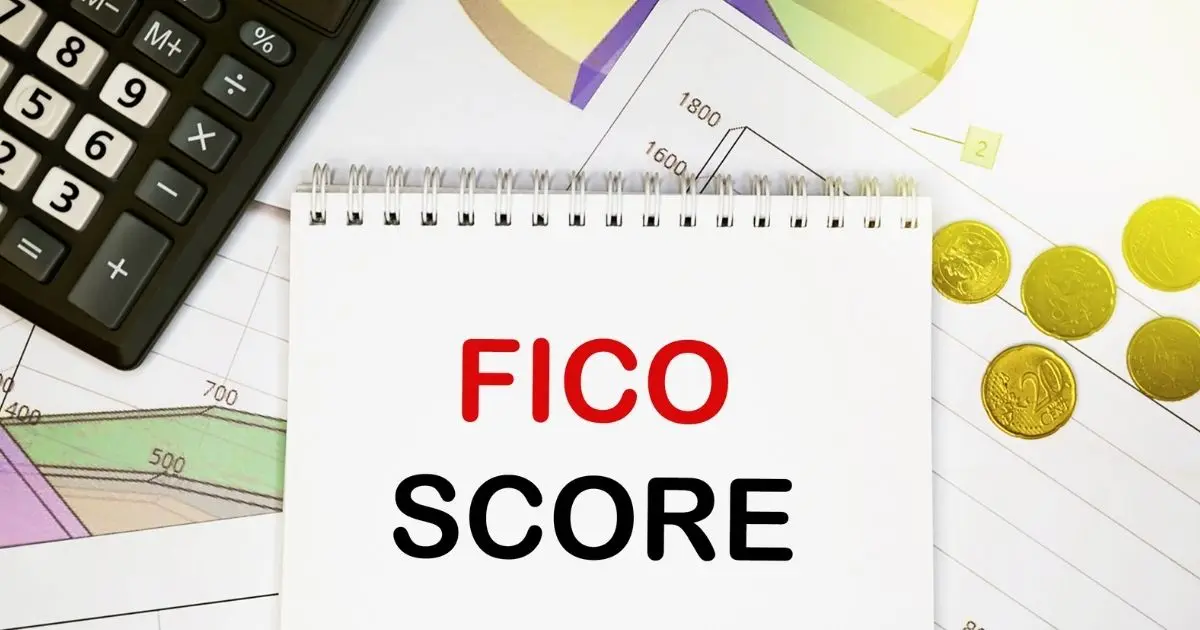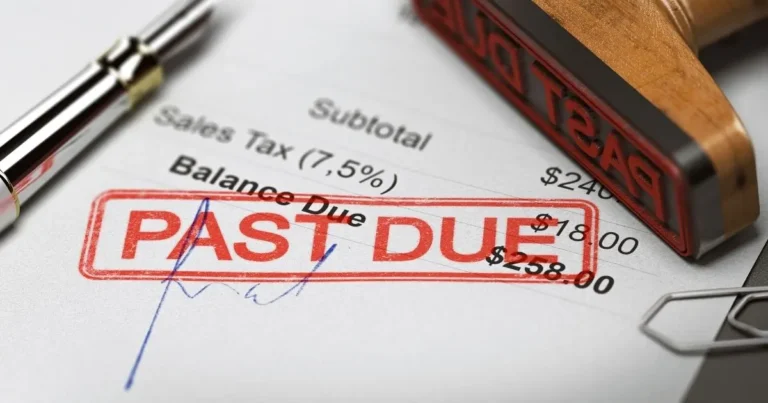What Does Your FICO Score Mean?~3 min read
A FICO score is a measure created by the Fair Isaac Corporation that is used by credit agencies to indicate a borrower’s risk. In most cases, the higher the credit score, the lower the risk to the lender. This is how financial institutions decide whether to lend money or issue credit. A person likely has multiple different credit scores. Some scores are used for approving you for a credit card but a creditor who is trying to decide if they should give you credit to buy a car may use a different FICO score.
Understanding Credit Scores
Credit scores, specifically FICO scores, range between 300 to 850. To determine creditworthiness, lenders take a borrower’s FICO score into consideration to make their decision.
Maintaining a high credit score requires having a mix of credit accounts and maintaining an excellent payment history. Borrowers with a high credit score often keep their credit card balances well below their limits. Maxing out credit cards, late payments, and applying for new credit regularly can contribute to a lower credit score.
Breakdown of the FICO Scores
The FICO score system is broken down into five-set of score rankings. Below we explain what the credit score rankings are and what they mean to lenders:
- < 580: Having a credit score of 580 or less is a well below-average score. It often demonstrates to lenders that lending money to the borrower can be risky.
- 580 – 669: A credit score between 580 and 669 is below average. In most cases, lenders will approve loans, but it can still have an impact on APR.
- 670 –739: A credit score in this range is near or slightly above average. Most lenders consider this a good score.
- 740 – 799: A credit score between 740 and 799 is considered an above-average score. Lenders often consider borrowers in this range to be very dependable. They often also get a good APR rate.
- 800+: Having a credit score of 800 or more is considered well above average. Lenders believe that borrowers in this credit range are exceptional borrowers.
There are different FICO scores than the above. If a creditor is using a FICO Auto Score the scores range from 250 to 900.
If you are interested in filing for bankruptcy but are worried about how it will affect your credit score, contact the Law Offices of Parnell, Michels & McKay today.
Our Bankruptcy Lawyers Can Help
At the Law Offices of Parnell, Michels & McKay, our bankruptcy lawyers, Nancy Michels and David Stamatis, have been assisting fellow community members who have fallen on difficult financial times for a total of over 40 years. When facing bankruptcy, we handle the two primary filing options under the bankruptcy laws: Chapter 7 Bankruptcy and Chapter 13 Bankruptcy. Each option offers clients benefits under its protections, but specific requirements must be met under each chapter. We will review your specific situation and file the case that will provide the most assistance. Bankruptcy may be right in some cases and not others.
Bankruptcy protection can provide immediate relief and give you a new beginning. It is important to consult with a bankruptcy attorney early on as unfortunately, people make mistakes that could have been avoided if they had understood how bankruptcy works.
NOTICE: Pursuant to § 528 of the Bankruptcy Code, our law firm is a debt relief agency. We help individuals file for bankruptcy relief under the Bankruptcy Code.
Contact the Law Offices of Parnell, Michels & McKay
If you have considered filing for bankruptcy, but have been concerned with the prospect of doing so, now is the time to speak with the attorneys at Parnell, Michels & McKay. Our attorneys will take guide you through a process that can be as technically complicated as it is emotional. Please contact our office to learn more. Let us help you move toward some financial stability.
Our firm blends advocacy oriented practice with effective practical solutions for all our clients in Londonderry, N. Woodstock, and throughout New Hampshire. The attorneys at Parnell, Michels & McKay provide effective representation and counseling to assist our clients facing legal questions. We simplify the process so our clients can understand and are able to participate as partners in the resolution.
Our practice includes personal injury law such as motor vehicle accidents, falls, dog bites, workers compensation, social security disability, and other injuries.
We also practice family law, including divorce, post-divorce, unwed custody and property division, and collaborative divorce, and have extensive experience in bankruptcy, probate, boundary disputes, estate planning, corporate formation and other real estate litigation.















